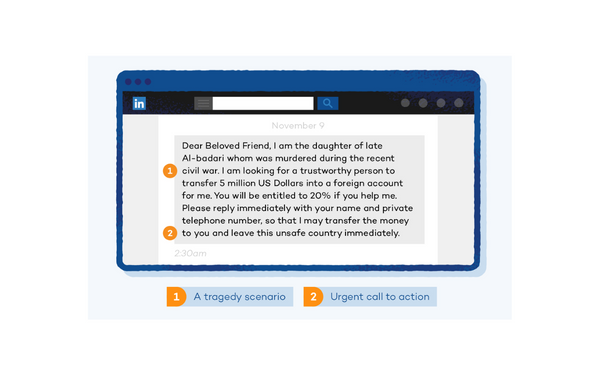Are voice-activated virtual assistants on the cloud destined to fail? Looking at the present condition of the millions of users of Google Assistant, Amazon Alexa, and Apple’s Siri, that may sound like an unnecessarily dramatic issue to pose, but we are not so confident about the future. Google and Amazon have both lately pulled back from their respective voice assistants, with Amazon laying off a significant portion of the Alexa team owing to the service losing $10 billion annually. Despite the fact that Google hasn’t yet reached the “fire everyone” phase, the company is apparently losing interest in supporting the Assistant on third-party devices. The systems were developed with the expectation of future profits; however, such profits never materialised, and the bubble now seems to be deflating.
One undertaking that depends heavily on voice assistants from the big tech companies isn’t just sitting around waiting for the end of the world. Home Assistant has dubbed the year 2023 “the year of Voice.” The main smart home initiative is effectively stating, “If these cloud voice assistants don’t give Big Tech with a multi-billion dollar income stream, that’s great, we’ll do it ourselves.” There are now a few fledgling open-source voice assistant projects, but the Home Assistant team has shown that it can handle a substantial undertaking. With a large and active user base and sufficient income to support full-time staff, this platform has emerged as the frontrunner for a sustainable local voice service.
Plus Home Assistant isn’t reinventing the wheel when it comes to speech support; instead, it chose the “most promising” open source voice assistant, Rhasspy, and recruited its chief developer, Mike Hansen, to focus exclusively on voice in Home Assistant. Hasen is joining Nabu Casa, the firm responsible for commercialising the Home Assistant. Home Assistant’s creator Paulus Schoutsen claims that “Mike’s dedication to a wide variety of languages makes Rhasspy stand out from similar open source voice initiatives. Instead, he wants it to be beneficial for everyone. Excellent progress is being made, with Rhasspy now supporting 16 distinct languages.” The goal is to provide speech support for all 62 languages now supported by Home Assistant, and to do it offline.
According to Schoutsen, the scope of Home Assistant will remain unchanged “manageable” for the time being and is going to “restrict the amount of available actions and concentrate on the essentials of communicating with your smart home. No texting, calling, or playing voice games.” Naturally, the Home Assistant community will find a way to add functionality, and it will soon grow to mimic Hal 9000 and do a gazillion additional tasks.
There is a lack of sustainable revenue models for these large tech companies’ voice services. They can’t display advertisements effectively, and no one is interested in yet another paid service. However, they incur recurring expenses because of the time spent by servers processing voice calls. Worsening the situation was the strategies used by Google and Amazon, which included selling their voice hardware for cost in an effort to win the voice assistant rush and the hope that other income streams would follow later. While the $350 price tag for Apple’s high-end Siri speaker, the HomePod, was first met with shock and disbelief, it now seems much more reasonable and sustainable than the offerings from Amazon and Google.
Google’s second-generation voice speakers, which shifted “some” speech processing to local processors, appear to have been an attempt to address this issue. Although offloading some speech processing from the cloud would reduce server load, whether or not this will be sufficient to fulfil Google’s stringent criteria for maintaining product support remains to be seen.
When you host your own voice assistant, you just have to worry about the energy bill and initial hardware investment rather than the erratic and ever-changing objectives of a Big Tech ecosystem. Undoubtedly, there will be a plethora of other benefits as well. If you’re concerned about privacy, having a local voice assistant is a terrific idea since it will make you feel less like you have an always-listening Internet wiretap in your house. Similar to what Google has mentioned about its restricted local speech processing, Home Assistant has shown that keeping all things local results in a considerably quicker experience for your smart home.
The Home Assistant already has a text-only “Conversation” command system; extending it to include voice input and output is just a question of expanding it out. The hardware solution, beyond the typical “pile of wires and circuit boards” that often characterises open-source smart home initiatives, is not evident. The widespread availability of sleek speaker/microphone combinations that don’t make you appear like a crazy scientist is a big reason why the Google Assistant and Alexa have become so popular. Commercialization firm Nabu Casa has been producing plug-and-play server boxes and dongles to integrate new gear into the Home Assistant ecosystem, such as support for Matter. It could be able to launch a speaker.

Subtly charming pop culture geek. Amateur analyst. Freelance tv buff. Coffee lover
